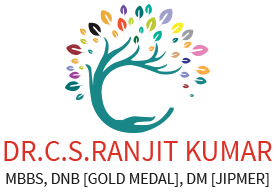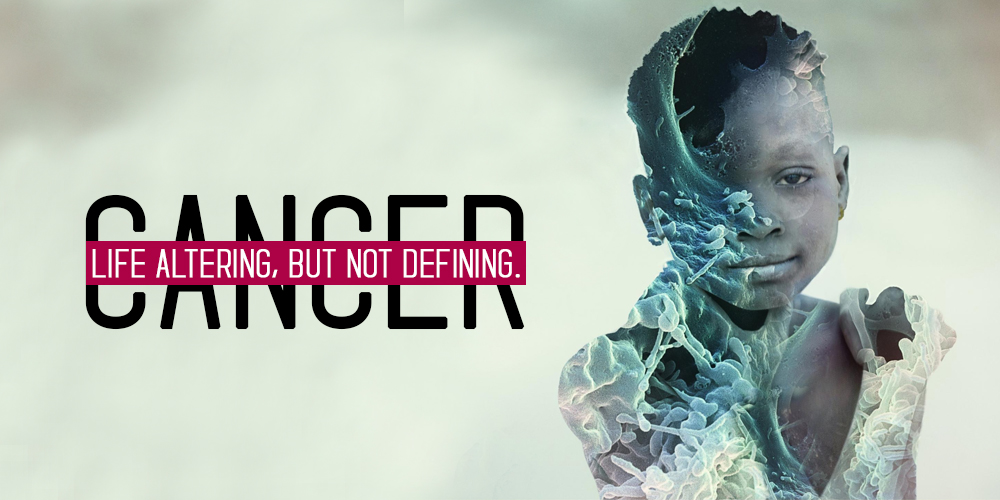What is Breast Cancer?
Breast cancer is a disease that takes place whilst cells in breast tissue change (or mutate) and maintain reproducing. These peculiar cells generally cluster collectively to form a tumour. Breast most cancers happens as normal cells in tissue begin to develop and divide in an out of manage manner. A tumour is cancerous (or malignant) whilst these peculiar cells invade other components of the breast or once they unfold (or metastasize) to different areas of the body thru the bloodstream or lymphatic gadget, a community of vessels and nodes in the frame that performs a role in combating infection. Dr. CS. Ranjit Kumar is best breast cancer doctors in Hyderabad. He has completed MBBS between 2001-2007 S.V.Medical College, Tirupathi, NTRUHS, India he's a specialized health practitioner for breast cancer.

Some breast cancer risks may be preventable. However, we cannot control every variable that may influence the risk. Here are the key breast cancer risk factors to know.
Age and gender
As the woman getting older, you may be at risk of developing breast cancer. The risk begins to climb after age 40 and is highest for women in their 70s
Family history
Having a close blood relative with breast cancer increases your risk of developing the disease.
breast cancer gene mutation
Up to 10% of all breast cancers are thought to be inherited, and many of these cases are due to defects in one or more genetical issues.
Breast changes and conditions
Women with dense breasts or with a personal history of breast lumps, a previous breast cancer, or certain non-cancerous breast conditions are at greater risk.
Hormones
Women with early menstrual periods (starting before age 12) and late menopause (after age 55) are at greater risk of getting breast cancer.
Weight
Women who are overweight or obese after menopause are more likely to get breast cancer due to higher levels of estrogen produced by fat cells after menopause.
Alcohol consumption
Recent researches suggest that women who drink two or more alcoholic beverages a day are 1 and 1/2 times more likely than non-drinkers to develop breast cancer.
Radiation exposure
A woman’s risk of developing breast cancer may be higher than normal if she had chest radiation for another disease as a child or young adult.
Pregnancy history
Having no children or having a first child after age 30 may increase your risk of breast cancer.
Types of breast cancer
There are several styles of breast most cancers, which are damaged into fundamental categories: “invasive” (as noted above), and “non-invasive” While invasive cancer has unfold from the breast ducts or glands to different components of the breast, non-invasive most cancers has now not unfold from the original tissue. These classes are used to describe the most not unusual types of breast cancer, which encompass:
- Ductal carcinoma in situ
- Lobular carcinoma in situ
- Invasive ductal carcinoma.
- Invasive lobular carcinoma
- Paget disease of the nipple
- Phyllodes tumour
- Angiosarcoma
There are many different signs and symptoms of breast cancer, so checking your breasts for any unusual change is important. Common breast cancer signs and symptoms include
- A lump or swelling in the breast, upper chest or armpit. You might feel the lump, but not see it.
- Changes in the size or shape of the breast
- A change in skin texture i.e. puckering or dimpling of the skin
- A change in the colour of the breast - the breast may look red or inflamed
- Rash, crusting or changes to the nipple
- Any unusual discharge from either nipple
- Pain in your breasts is not normally a sign of breast cancer
Different treatments work best for different types of breast cancers
The treatment you acquire might be favored as per the sorts of breast most cancers and your private possibilities. You will be given the fine hazard of getting a hit treatment whilst reducing the effect of facet results as plenty as possible. There are some of treatments available for early breast cancer. These include surgical operation, radiotherapy, chemotherapy, hormone remedy and centered (biological) remedy. You will frequently have multiple remedy and the order in that you have them will rely on your breast cancer.
Blood Cancer Treatment specialist in Hyderabad

